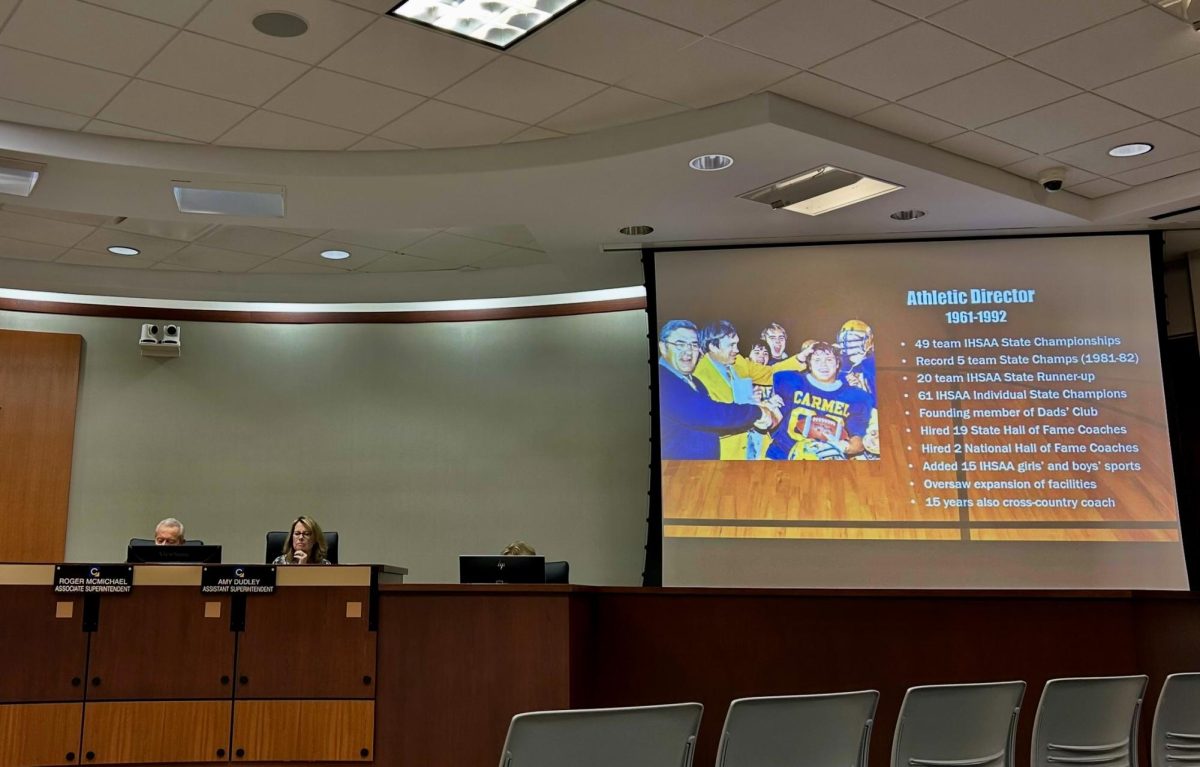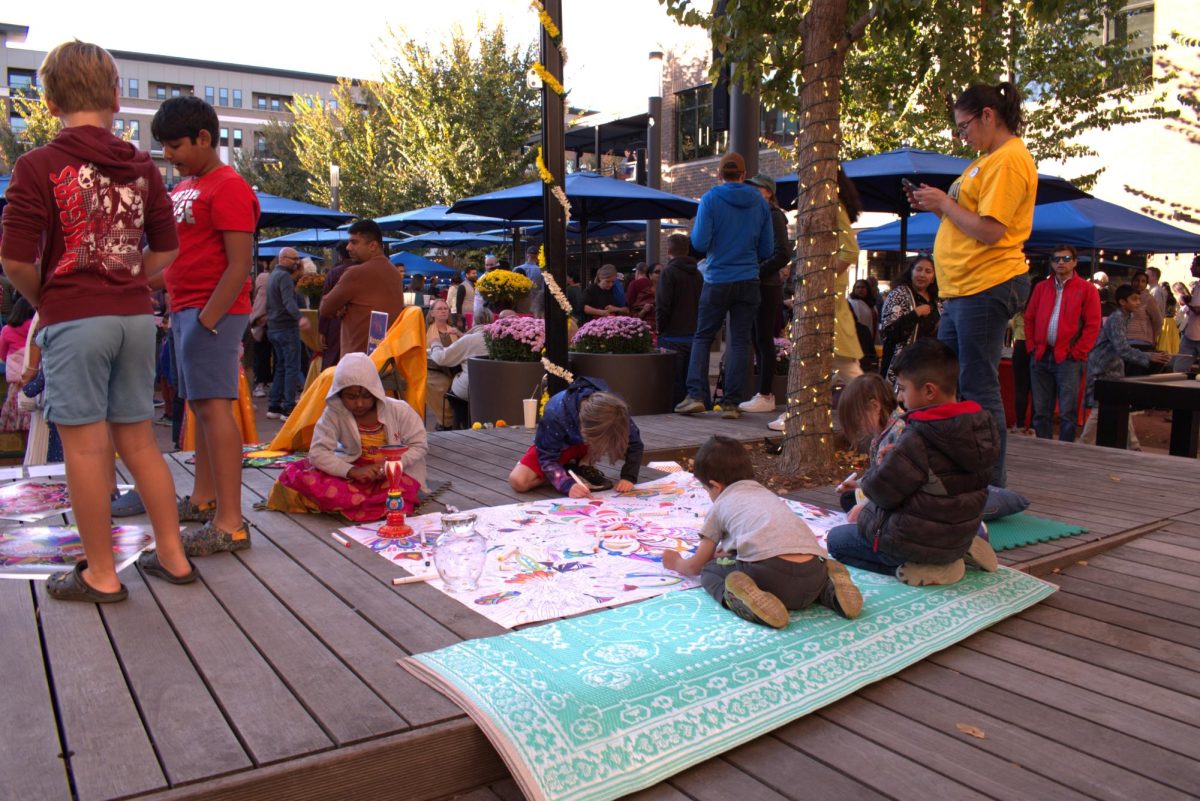As I searched for articles to complete my final exam project for AP Environmental Science last May, I was shocked to find out a few facts about Indiana’s contributions to water pollution. The state has pretty lax laws on what industrial companies can place into rivers and waterways, but I didn’t expect what I found out.
According to an article from the Associated Press, Environment America, a group that wants to make the environment better for the future, found that Indiana topped the charts for the amount of chemicals we put into water systems. Shockingly, in 2010, one Indiana company alone dumped 24 million pounds of pollution into the Ohio River.
Now, this matters for a lot of scientific reasons that would take hours to explain. The obvious reason, though, is that people drink this water, and it harms animals. It’s cleaned before humans consume it, but it could still affect our health. Who really wants some nasty chemical compound floating around in the water they drink, shower or cook with? Hopefully, the answer is nobody.
This might seem like it won’t matter if the water is cleaned, however, making changes is a complicated issue. Taking away these industries would rob Hoosiers of jobs and money to support their families. But alternative jobs need to be considered. This isn’t exactly a new topic, environmentalists have been preaching about the need to protect our resources and pocketbooks for decades.
In the early 1970s, the country began to take the first steps toward environmental reform. Rachel Carson, a marine biologist, wrote the book “Silent Spring,” which told concerned Americans all about water pollution. Today, she is regarded as the founder of the contemporary environmental movement. Her book really pushed the need to regulate the environment.
As a result, more and more young people, “liberals” as some call them, wanted to save the environment. Congress reacted to this pressure and passed the Clean Water Act and other laws to create a cleaner environment. We have made great strides as a country.
Of course, this couldn’t last long. When Reagan became president, he placed fewer restrictions on taking care of the environment. Policies became more in favor of big businesses, which is truly sparking any and all environmental debates. Politicians around the world have had to balance the pressures of a healthy economy and a hazardous environment for many years.
However, the increasing number of environmental problems isn’t quite a death sentence just yet. We can help our planet, but it needs to happen sooner rather than later. People need to change and make adjustments to their lifestyles.
There’s only one problem. People are afraid of change. They can’t face the fact that the world that their children will live in will be a completely different place than where they grew up. In a few decades, humans will pump all the oil out of the world and limit the amount of energy resources we have. Almost all of our food will include dangerous chemicals and be unhealthy, like corn syrup. Unless, of course, people start to push for change.
This has to happen as a grassroots movement. The government isn’t going make a decision that would take money from big oil or industrial companies. Kids need to grow up with recycling and using less electricity in order to make the change for a healthier environment when they grow up. In many ways, the world needs to change its values and want to be resourceful again.
This shouldn’t take more stories about polluted waters and fish infested with mercury poisoning to make a difference. This movement definitely doesn’t need to be sparked by a burning river, like it was in the ‘70s. It needs to start again simply because it’s the right (not trendy) thing to do. Because in the end, it’s simple: we need to take care of our home, so it can take care of us.




























![Keep the New Gloves: Fighter Safety Is Non-Negotiable [opinion]](https://hilite.org/wp-content/uploads/2024/12/ufcglovescolumncover-1200x471.png)






!["Wicked" poster controversy sparks a debate about the importance of accuracy versus artistic freedom [opinion]](https://hilite.org/wp-content/uploads/2024/11/riva-perspective-cover-1200x471.jpg)









































![Review: “We Live in Time” leaves you wanting more [MUSE]](https://hilite.org/wp-content/uploads/2024/12/IMG_6358.jpg)
![Review: The premise of "Culinary Class Wars" is refreshingly unique and deserving of more attention [MUSE]](https://hilite.org/wp-content/uploads/2024/12/MUSE-class-wars-cover-2.png)
![Introducing: "The Muses Who Stole Christmas," a collection of reviews for you to follow through winter [MUSE]](https://hilite.org/wp-content/uploads/2024/12/winter-muse-4.gif)
![Review: "Meet Me Next Christmas" is a cheesy and predictable watch, but it was worth every minute [MUSE]](https://hilite.org/wp-content/uploads/2024/11/AAAAQVfRG2gwEuLhXTGm3856HuX2MTNs31Ok7fGgIVCoZbyeugVs1F4DZs-DgP0XadTDrnXHlbQo4DerjRXand9H1JKPM06cENmLl2RsINud2DMqIHzpXFS2n4zOkL3dr5m5i0nIVb3Cu3ataT_W2zGeDAJNd_E-1200x884.jpg)
![Review: "Gilmore Girls", the perfect fall show [MUSE]](https://hilite.org/wp-content/uploads/2024/11/gilmore-girls.png)
![Review in Print: Maripaz Villar brings a delightfully unique style to the world of WEBTOON [MUSE]](https://hilite.org/wp-content/uploads/2023/12/maripazcover-1200x960.jpg)
![Review: “The Sword of Kaigen” is a masterpiece [MUSE]](https://hilite.org/wp-content/uploads/2023/11/Screenshot-2023-11-26-201051.png)
![Review: Gateron Oil Kings, great linear switches, okay price [MUSE]](https://hilite.org/wp-content/uploads/2023/11/Screenshot-2023-11-26-200553.png)
![Review: “A Haunting in Venice” is a significant improvement from other Agatha Christie adaptations [MUSE]](https://hilite.org/wp-content/uploads/2023/11/e7ee2938a6d422669771bce6d8088521.jpg)
![Review: A Thanksgiving story from elementary school, still just as interesting [MUSE]](https://hilite.org/wp-content/uploads/2023/11/Screenshot-2023-11-26-195514-987x1200.png)
![Review: "When I Fly Towards You", cute, uplifting youth drama [MUSE]](https://hilite.org/wp-content/uploads/2023/09/When-I-Fly-Towards-You-Chinese-drama.png)
![Postcards from Muse: Hawaii Travel Diary [MUSE]](https://hilite.org/wp-content/uploads/2023/09/My-project-1-1200x1200.jpg)
![Review: "Ladybug & Cat Noir: The Movie," departure from original show [MUSE]](https://hilite.org/wp-content/uploads/2023/09/Ladybug__Cat_Noir_-_The_Movie_poster.jpg)
![Review in Print: "Hidden Love" is the cute, uplifting drama everyone needs [MUSE]](https://hilite.org/wp-content/uploads/2023/09/hiddenlovecover-e1693597208225-1030x1200.png)
![Review in Print: "Heartstopper" is the heartwarming queer romance we all need [MUSE]](https://hilite.org/wp-content/uploads/2023/08/museheartstoppercover-1200x654.png)





